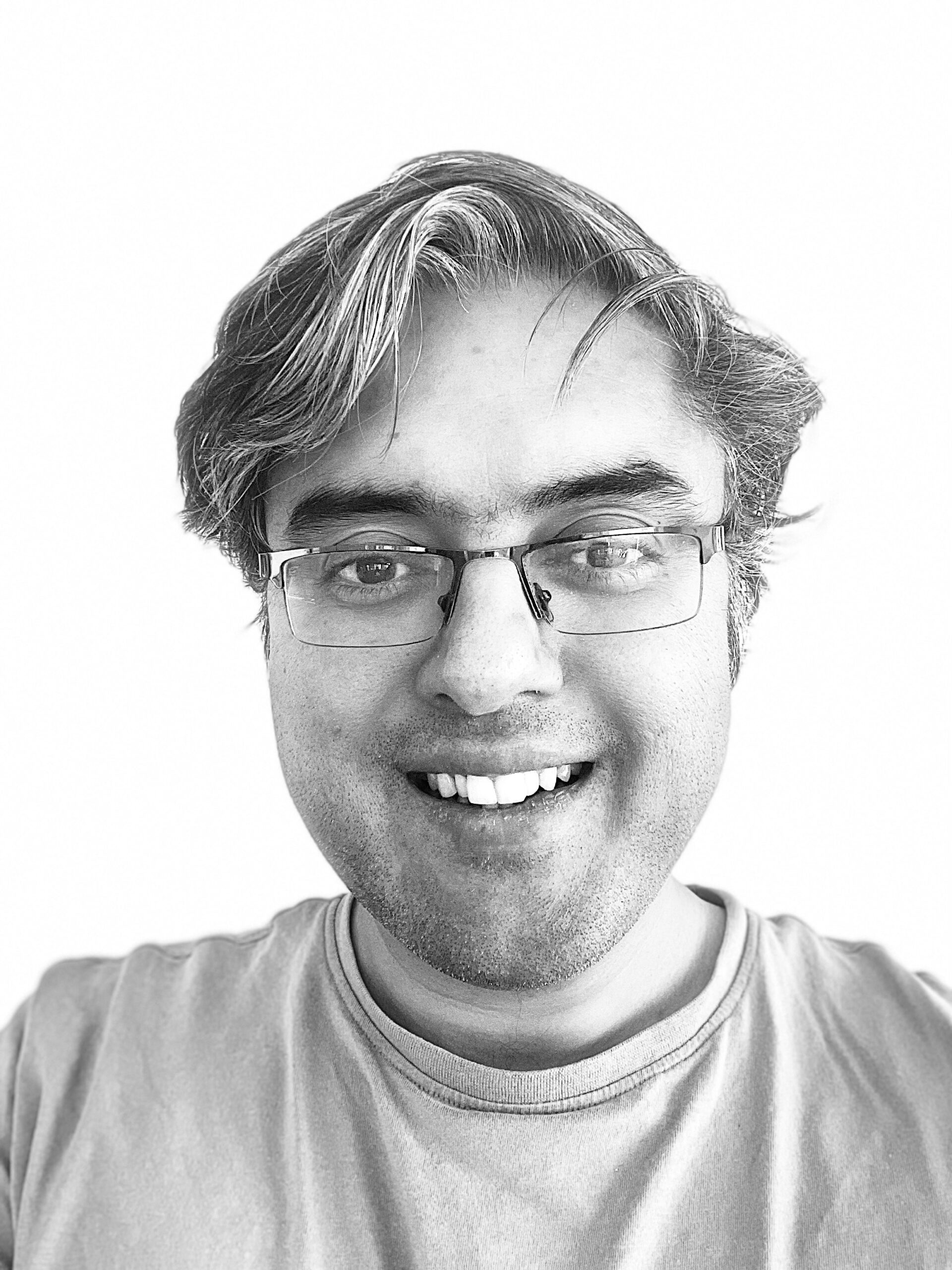
Graduate Associate
JagteshwarSohi[at]osgoode.yorku.ca
Doctoral Student
Osgoode Hall Law School, York University
Research Keywords:
Environmental law and policy; environmental justice; tribal; India
Research Region(s):
India, South Asia
I read law and completed graduate studies with a specialization in legal theory in India (BA LLB, 2009; LLM 2013). Thereafter, I joined NALSAR, Hyderabad as an Assistant Professor where I taught Constitutional Law, Environmental Law, and Law & Poverty. In 2020, I was invited as a Visiting Professor to the Buchmann Faculty of Law, Tel Aviv University where I taught an elective course on Environmental Justice. In 2017–18, I completed a second Master of Laws at Osgoode writing my MRP (Major Research Paper) titled "Aranyer Adhikar (The Right to the Forest) – The Story of the
Struggle at Niyamgiri" on an environmental justice struggle in Odisha, India. In 2021, I returned to Osgoode as a doctoral scholar to continue my exploration of the workings of law and power against the backdrop of extractive capital in India.
My current project titled, ‘Environmental justice struggles in India: Extractive industries, marginalized communities, and the law’ investigates a long-standing struggle of marginalized, mining-affected people in Goa, India. This project has been supported by the Harley D. Hallett Scholarship (2020–22), SSHRC’s Joseph–Armand Bombardier Canadian Graduate Scholarship (2021–24), and the Martin Cohnstaedt Scholarship for studies in Non-Violence (2023). In August 2024, I shall join the Department of Law at Goldsmiths, University of London as a Visiting Researcher where I will undertake archival research on the ‘Genealogies of environmental struggle and law in India’. For pursuing this project, I have received SSHRC’s Michael Smith Foreign Study Supplement (2024).
Research
My research follows a long-standing environmental justice movement of marginalized, mining-affected, forest-dwelling communities of Goa, India. It explores the practices and performance of justice and the availability of its enactments as these subaltern groups face up to the postcolonial state and extractive capital. To this end, I trace the multi-faceted social, political, economic and legal histories of their struggle; the vocabularies, resources, and tactics employed by the actors leading it in visibilizing their demands and connecting them with broader initiatives beyond their local space; and the forms of legal and bureaucratic responses of the state and the role of violence and repression therein. Over the first two years of my project, I combed through archival and documentary materials such as legal judgments pronounced at various levels of the judiciary, reports submitted by expert bodies to the judicial and executive branches, administrative decisions emanating from the bureaucratic offices, and statements made in different legislative bodies. I juxtaposed these ‘official accounts’ with materials in mainstream print media, journals and magazines focused on environmental issues and social science literature produced by historians, policy experts and anthropologists on mining in Goa. During year three, I advanced to candidacy and conducted fieldwork in Goa. There, I conducted in-depth interviews with key informants identified through the archive. These included leaders of groups organizing the resistance, journalists and
academics who have written about it, and various activists, civil society actors and lawyers representing its concerns in different state fora.
I also supported anti-mining litigation while conducting ethnographic research following litigants as they moved from closed group meetings in Adivasi (tribal) villages on the forested slopes of the Western Ghats to the chambers of their advocates in the state capital. I followed their cases in the High Court of Goa and other proceedings they filed as self-represented litigants in mamlatdar(revenue) courts. I also participated in preparing for public hearings under relevant environmental legislations and sat through book launches and meetings in academic/civil society circles associated with the opposition to mining in the state.
Now, in my fourth year, I am beginning to analyze my field observations and work on my dissertation, aiming to tease out the genealogies of practices of power and capital that continue to intrude upon those from the mining-affected forested regions of Goa even today. Given the similarities of
contestations between the encounters of the colonial and postcolonial states and such forest-reliant communities, I am going to spend some time in London, later in 2024, excavating the colonial-era debates and interests that guided the development of forest policy, management, and legislation and the impact, as little as it may be, that resistance from such marginalized groups had on them. By turning to rich histories of struggle available in the colonial archives in the UK, I aim to enrich my understanding of present-day workings of law and power on the lives of forest-dwellers and
comprehend how violence was built into this legal regime and how this obfuscated the application of brute force in their lives. I ask these questions with two ends in mind: (1) to specifically interrogate discourses of the forest as a natural resource as it came to be framed in early Indian legal history; (2) to examine the ‘truth’ creating power of laws (from the centre), especially concerning the criminality of the adivasi encounter with the state and the reassertion of her subaltern truth from the margins. These questions are foundational to the invisibilization of struggles of my present-day
interlocutors in India and to environmental justice movements and debates in law, which guide my doctoral project.
